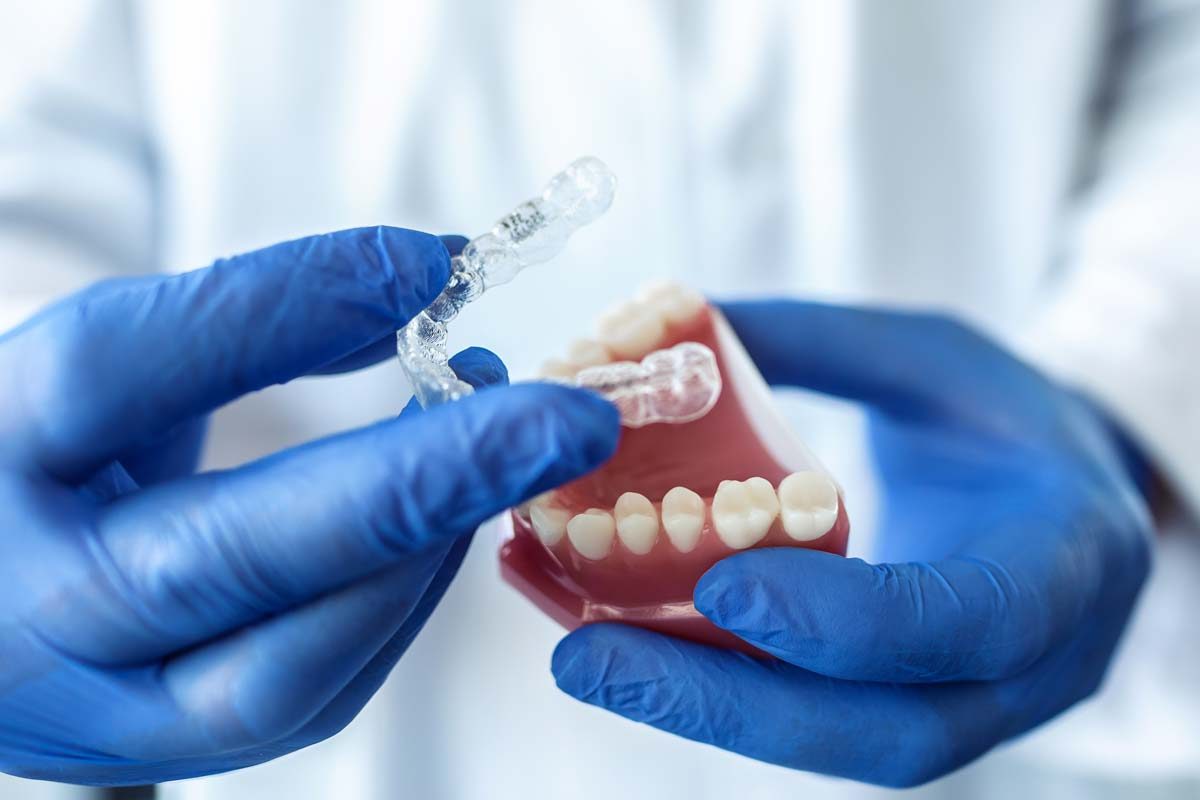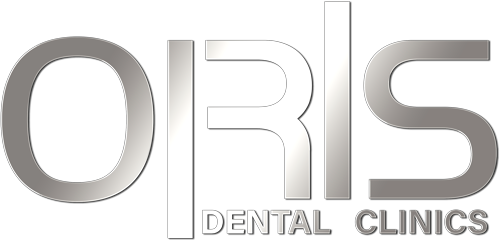The first thing people notice about you is your smile. A smile shows that you are happy and makes you seem friendly. It’s a sign of happiness for everyone. It’s good for your health to smile. Did you know that smiling can help your heart, make you feel less stressed, and boost your immune system? Smiling is a natural and important part of being human. It’s important to feel good about your smile to show how happy you are. An underbite is a problem with your teeth that can hurt your health. If your smile isn’t what you want it to be, we are here to help.
What Is an Underbite?
Accordingly, between 5 and 10 percent of people have an underbite. Underbite means when the lower jaw sticks out further than the upper jaw. It’s a Class III malocclusion called “prognathism,” which can make you feel pain, discomfort, and self-consciousness. There are different levels of malocclusion, from mild to severe.
What Causes an Underbite?
Several things can change how your teeth align together. Usually, the upper teeth are a little bit bigger than the lower ones. Your molars, the large, flat teeth at the back of your mouth, should fit together. When your teeth are in the right place, you are less likely to bite your cheeks, lips, or tongue when you eat. Many things could lead to someone getting an underbite. These things are:
• Childhood Habits
Some things you did as a child may make you more likely to have an underbite or other misaligned teeth as an adult. Some of the things that can cause an underbite are:
- Sucking the thumb
- Putting pressure on teeth with the tongue
- Using a pacifier after age 3
- Feeding from a bottle past the baby years

• Genetics
Most of the time, an underbite is because of genes. If at least one other person in your family has an underbite, you are more likely to get one too. The shape and size of a person’s jaw and teeth also depend on their genes. Some people are born with teeth that are too close together, crowded, have the wrong shape, or don’t fit together right. Some problems, like a cleft lip or palate, can also be present at birth. All of these conditions can sometimes lead to malocclusion.
• Injury
Severe injuries to the face can damage the jawbones in a way that can’t be fixed. Most of the time, it’s possible to fix broken jawbones, but the jaws don’t always fit together right after surgery. This can lead to a bad bite.
• Tumours
Tumors on the jawbones or in the mouth can make the jaws stick out, causing an underbite.
What Kinds of Problems Can an Underbite Lead to?
An underbite is not just a problem because it looks bad. It is more likely it is to cause issues with oral health, such as:
- Having trouble speaking
- Hard time chewing
- Malocclusion can cause pain in the mouth and face.
- Sleep apnea
- Too much wear on the enamel of the teeth. Constant mouth breathing and bad breath.
- Prognathism
Also, if you have a big underbite, it will hurt your confidence.
How Can You Treat an Underbite?
When most permanent teeth have come in, it is common for them to be slightly out of place. But in some cases, the underbite is bad enough that treatment will give the patient more significant benefits. Clinical medicine can’t treat an underbite on its own, so let ORIS’ dentists fix your underbite problems. Some of these benefits are listed below: It’s easy to clean your teeth.
- Better gum health and less chance of getting periodontitis.
- Because of this, there will be less stress on the jaws, teeth, and facial muscles.
- Half the chance of getting a tooth abscess.
- It makes it less likely that a tooth will break or fall out.
- The temporomandibular joint disorder is less likely to happen.
A specialist is the only person who can fix this problem. To fix this problem, you will need the help of an orthodontist. Our dentists can correct an underbite by doing one of the following:
• Braces
Braces are the most common orthodontic treatment for fixing an underbite. Braces are not hidden and visible when you talk or smile. This is what clear aligners are for.

• Appliances
Some appliances can solve this problem. These fit your mouth just right, and because they are more noticeable than braces, they can sometimes be painful. When needed, orthodontists will recommend this therapy. An example of an orthodontic device is the full-face mask that is turned around. This thing is like headgear that is around the head of orthodontics. Metal bands are put on the upper back teeth to fix an underbite with this method. This lets the device gently pull the upper jaw into place. Upper jaw expanders are a different kind of dental tool. A screw in the middle holds the upper jaw expander in place. It goes over the back teeth in the upper jaw. The procedure aims to make the upper jaw bigger, lengthen the dental arch, and move the teeth inside the bone. On the other hand, this depends on what’s wrong with the maxilla and mandible.
• Tooth Extraction
Taking out a tooth can make room for other teeth, making it easier to bite.
• Surgery
This should be the last option if the orthodontist thinks all other treatments haven’t worked. This rarely happens because surgery isn’t always necessary to fix an underbite. One type of jaw surgery is orthognathic surgery. This is a highly individualized method that involves separating your jawbones and making adjustments to the way your jaws fit together. Your cleft lip and palate may need fixing before your underbite.
The Best Oral and Maxillofacial Surgery near Me
Call us if you have any questions about Oral Surgery in Richmond Hill, Toronto.




